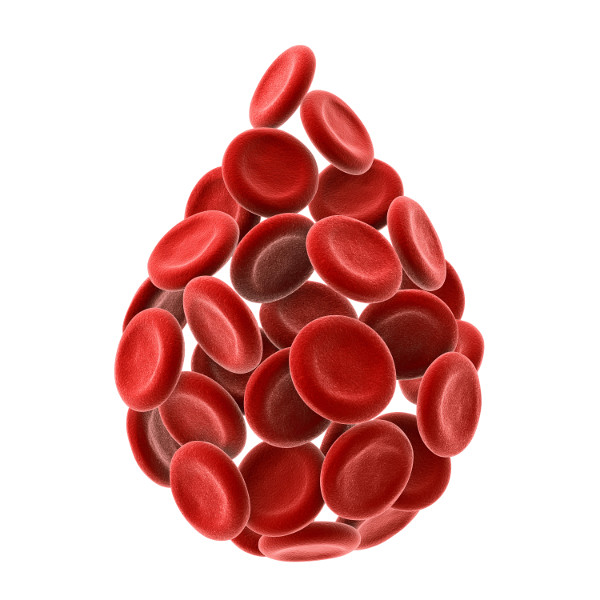Cyrex Array 4: Gluten-Associated Sensitivity and Cross-Reactive Foods
The Array 4 is recommended for those who have Non-Celiac Gluten Sensitivity or Celiac disease and who are experiencing limited improvements while avoiding gluten in their diet. This test may also be helpful for those who are experiencing gut dysbiosis that is resistant to interventions.
Many times, gluten-free foods, which are supposed to be safe, can be offensive to some individuals. This can be due to sensitivity or a phenomenon called Cross-Reactivity. Cross-reactivity is an immune reaction between an antibody and an antigen (casein), in which the antibody was generated against a different, but similar, antigen (gliadin). The classical definition of molecular mimicry, or antigenic similarity, predicts that autoreactive Th-1 lymphocytes are activated by epitopes derived from dietary proteins or microbial infections. After resolution of the infection or elimination of dietary protein, the activated autoreactive T-cells and food-specific antibodies turn against self-tissue, causing autoimmune disease.
People with Gluten Sensitivity and Celiac disease are sensitized to a broad range of dietary proteins due to enzyme dysfunction, villi damage, or other disorders. A common problem is the digestion of dairy products; the casein protein, in particular. Consuming these food products may cause persistent symptoms similar to the discomfort experienced when gluten was being regularly consumed.
GLUTEN-CONTAINING/GLUTEN-CONTAMINATED
Rye, Barley, Spelt, Polish Wheat IgG + IgA Combined
Instant Coffee IgG + IgA Combined
GLIADIN CROSS-REACTIVE FOODS
Cow’s Milk IgG + IgA Combined
Alpha-Casein & Beta-Casein IgG + IgA Combined
Casomorphin IgG + IgA Combined
Milk Butyrophilin IgG + IgA Combined
Whey Protein IgG + IgA Combined
Milk Chocolate IgG + IgA Combined
Yeast IgG + IgA Combined
Oats IgG + IgA Combined
Millet IgG + IgA Combined
Rice IgG + IgA Combined
Corn IgG + IgA Combined
NEWLY-INTRODUCED/AND/OR OVER-CONSUMED ON GFD
Buckwheat IgG + IgA Combined
Sorghum IgG + IgA Combined
Hemp IgG + IgA Combined
Sesame IgG + IgA Combined
Amaranth IgG + IgA Combined
Quinoa IgG + IgA Combined
Tapioca IgG + IgA Combined
Teff IgG + IgA Combined
Potato IgG + IgA Combined
COMMON ANTIGENIC FOODS
Egg White & Egg Yolk, Raw IgG + IgA Combined
Soy IgG + IgA Combined


